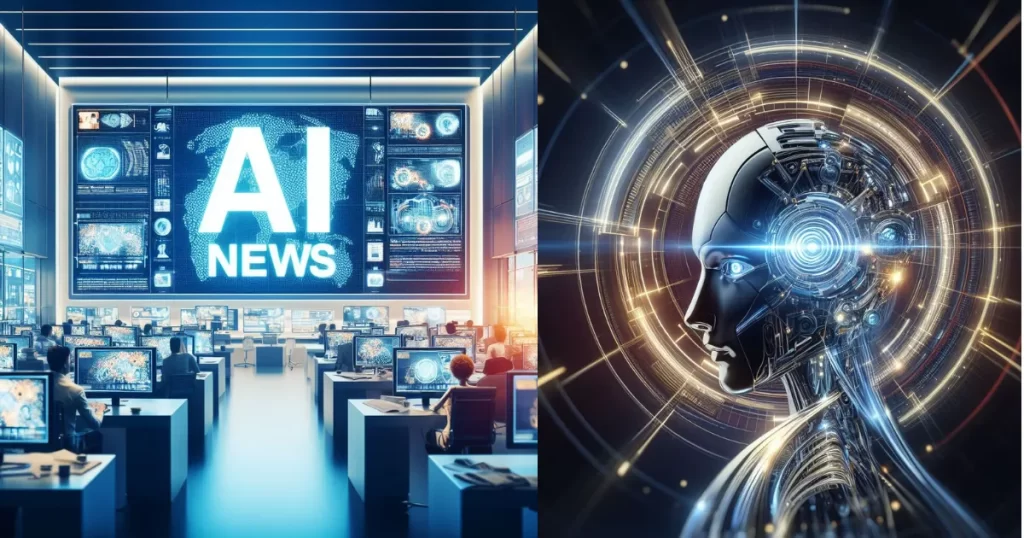OpenAI has introduced a new artificial intelligence product, which it says can reason in ways that far outperform prior AI systems. This new paradigm, dubbed o1, is intended to address complicated issues in domains such as mathematics, coding, and science. According to OpenAI, this breakthrough represents a significant step toward building AI with human-like cognitive capacities.
The release of these models represents a crucial milestone in the continuing contest between tech behemoths such as Google DeepMind, OpenAI, and Anthropic. These businesses are working to develop more powerful AI systems capable of behaving as autonomous “agents.” These agents are envisioned as customized digital assistants who can support individuals in tasks like as working, producing, and communicating more successfully in the digital environment.
OpenAI intends to include the new o1 models into its ChatGPT Plus platform, which is primarily designed for scientists and developers. These models have already proved their superior ability, achieving 83% on a qualifying exam for the International Mathematics Olympiad, compared to just 13% for older models such as GPT-4o.
OpenAI’s Chief Technology Officer, Mira Murati, stated that these models provide fresh insights into how AI works. She stated that by evaluating the AI’s step-by-step cognitive process, researchers may better grasp how it comes to its findings. This transparency is critical for establishing confidence in AI systems and progressing the industry.
The o1 models address challenges using a technique called reinforcement learning. Although this approach takes longer and costs more than the frequently used GPT models, the outcomes are more reliable and complex. The models may explore multiple solutions and repair faults as needed.
One of the most difficult difficulties in AI research is constructing systems capable of reasoning and planning ahead of time, both of which are necessary stages toward obtaining artificial general intelligence (AGI). AGI refers to computers with cognitive skills comparable to humans. Yoshua Bengio, a famous computer scientist, underlined that real reasoning in AI will result in more consistency in the facts, arguments, and conclusions generated by these systems. It would also improve their capacity to function independently, which is a major barrier to obtaining AGI.
However, while AI models such as GPT, Google’s Gemini, and Anthropic’s Claude have made significant progress, Bengio stated that these systems still fall short of exhibiting actual, general-purpose thinking. Gary Marcus, a cognitive science professor at New York University, advised that claims of thinking in AI should be approached with care, since many past claims have failed rigorous investigation.
OpenAI has highlighted the hazards associated with more powerful AI systems, particularly in the hands of malevolent users. In response, the business has enhanced its safety processes and is collaborating with AI safety institutions in the UK and the United States to guarantee that these models are carefully evaluated.
Source: Financial Times (original article by Madhumita Murgia). You can check out the full article here.

I’m Voss Xolani, and I’m deeply passionate about exploring AI software and tools. From cutting-edge machine learning platforms to powerful automation systems, I’m always on the lookout for the latest innovations that push the boundaries of what AI can do. I love experimenting with new AI tools, discovering how they can improve efficiency and open up new possibilities. With a keen eye for software that’s shaping the future, I’m excited to share with you the tools that are transforming industries and everyday life.

